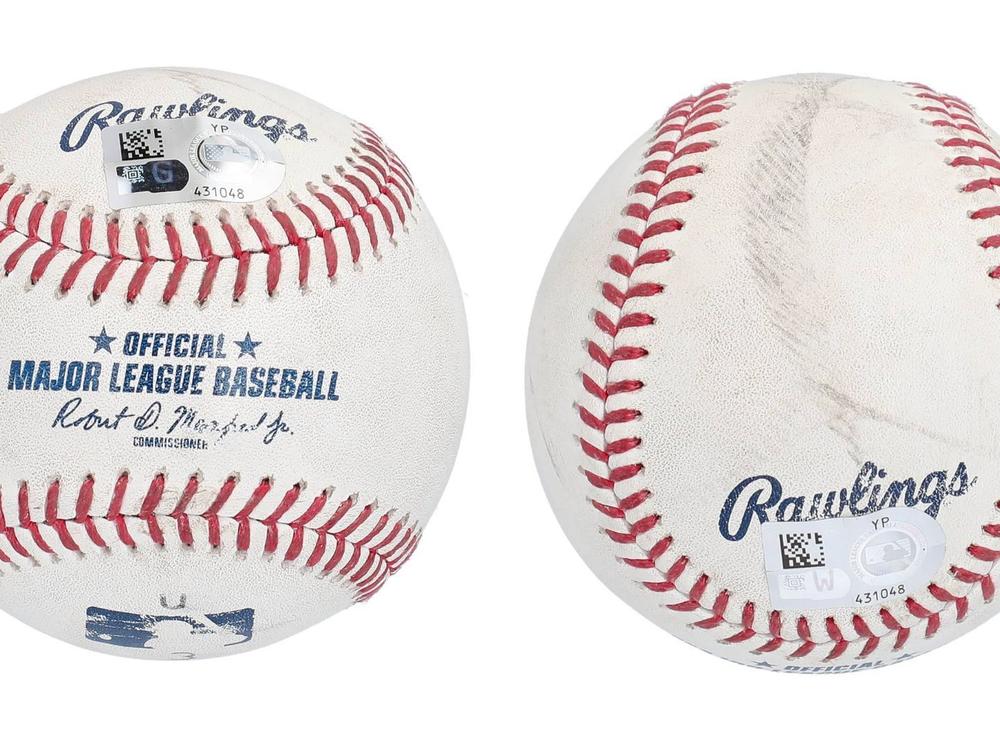Section Branding
Header Content
Why the stakes for who caught Ohtani's 50/50 ball are bigger than ever
Primary Content
There are only a few more days left before the auction for Shohei Ohtani's legendary 50th home run ball is over — crowning one wealthy collector as the baseball's keeper.
But just who will get the proceeds from the auction is still up in the air.
Earlier this week, the parties entangled in the legal dispute over the ball reached an agreement to allow the sports memorabilia to be sold to the highest bidder.
However, there is still a question of who will act as the seller, and thus, be entitled to the large lump of cash that the auction is expected to bring in.
The baseball saga unfolded after Ohtani — a Los Angeles Dodgers megastar — made history as the first MLB player to hit 50 home runs and steal 50 bases in a single season. The historic feat took place on Sept. 19 at LoanDepot Park in Miami during a game against the Miami Marlins.
The ball that marked Ohtani's achievement soared into the left field of the stadium — causing a chaotic scramble among fans wanting to take it home. Multiple men pushed and shoved one another. In the end, the ball was caught between Christian Zacek and Max Matus, according to a video posted on X.
Zacek — who was previously identified as Chris Belanski in past media coverage and initial lawsuits — ultimately left with the ball.
The prized souvenir was later acquired by Goldin Auctions and went up for auction on Sept. 27. The opening bid was set at $500,000. As of Saturday, the current bid was $1.8 million. The bidding ends on Oct. 22 at 10 p.m. ET.
In a lawsuit filed against Zacek, Matus claimed that he was the first to catch the ball and that Zacek stole the ball from him. Another fan, Joseph Davidov, later filed a suit against Zacek and Matus, arguing that he was the first to secure the ball but lost possession after being tackled by an unknown person moments later.
Matus' attorney John Uustal told NPR that the agreement among the three parties to not fight the auction was "not perfect for anyone, but there is no perfect solution." He expects the final decision on ownership to take a long time and possibly be decided by a jury.

